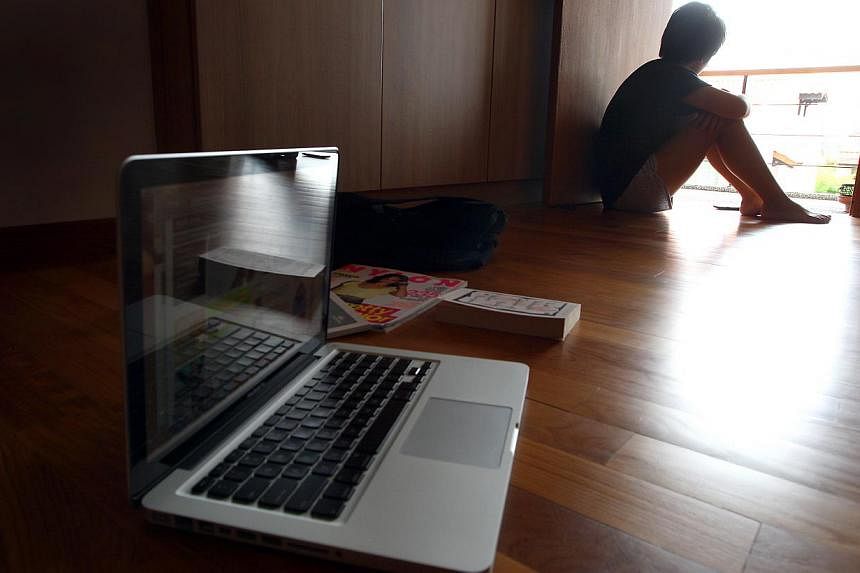SINGAPORE - One in three Singaporean teens have been the victims of cyber bullying, a study released by network security company McAfee on Tuesday has found.
The study polled 512 people aged 13 to 18, and was done in June and July this year.
Findings show that a third have bullied their peers online and another third were victims. Over 60 per cent of them have seen it happening to others.
"Of those who responded that they were cyberbullied, the majority cited that it was due to appearance and academic achievements," said a McAfee spokesman.
"Compared to other countries, religion, race or sexuality play a less significant role in Singapore."
The findings also showed 44 per cent of the teens feel more accepted on social media than in person, and 80 per cent of them have posted or done something risky online such as posting their phone number or home address.
Half of the respondents also believed they could eventually delete any content they choose to share.
The findings of the study are similar to a recent larger-scale one done by Touch Cyber Wellness, the main agency that runs online safety talks in schools here.
In its survey of 3,000 secondary school students and 1,900 primary school pupils, Touch found that one in four secondary school students had admitted to bullying their peers online within the past year.
Mr David Freer, vice-president of Asia Pacific Consumer business at McAfee, said parents should talk with their children more openly on how to keep themselves safe online.
This may be be a difficult task, since the McAfee study showed that 90 per cent of children said they deliberately try to hide their online behaviour from parents.


